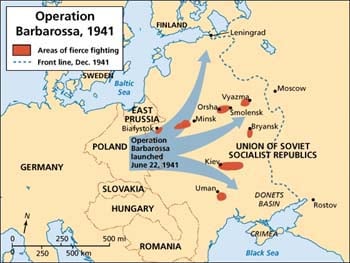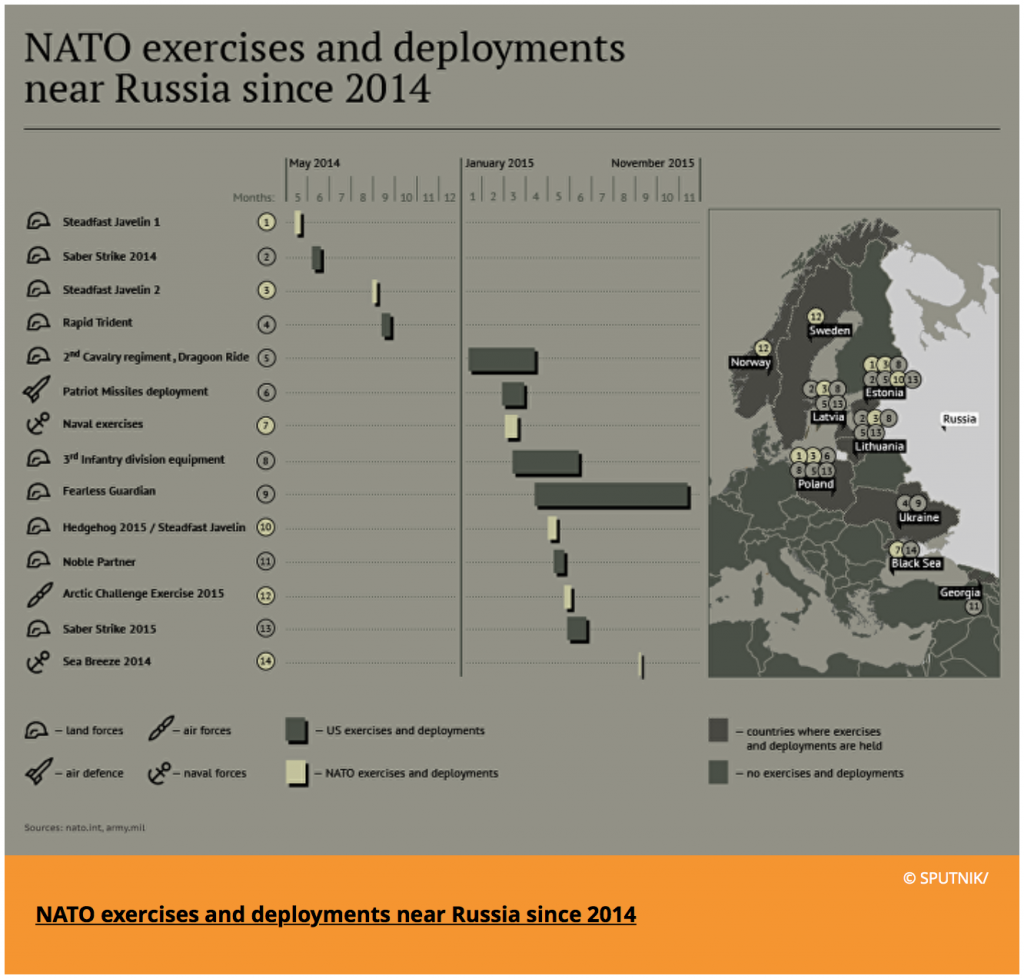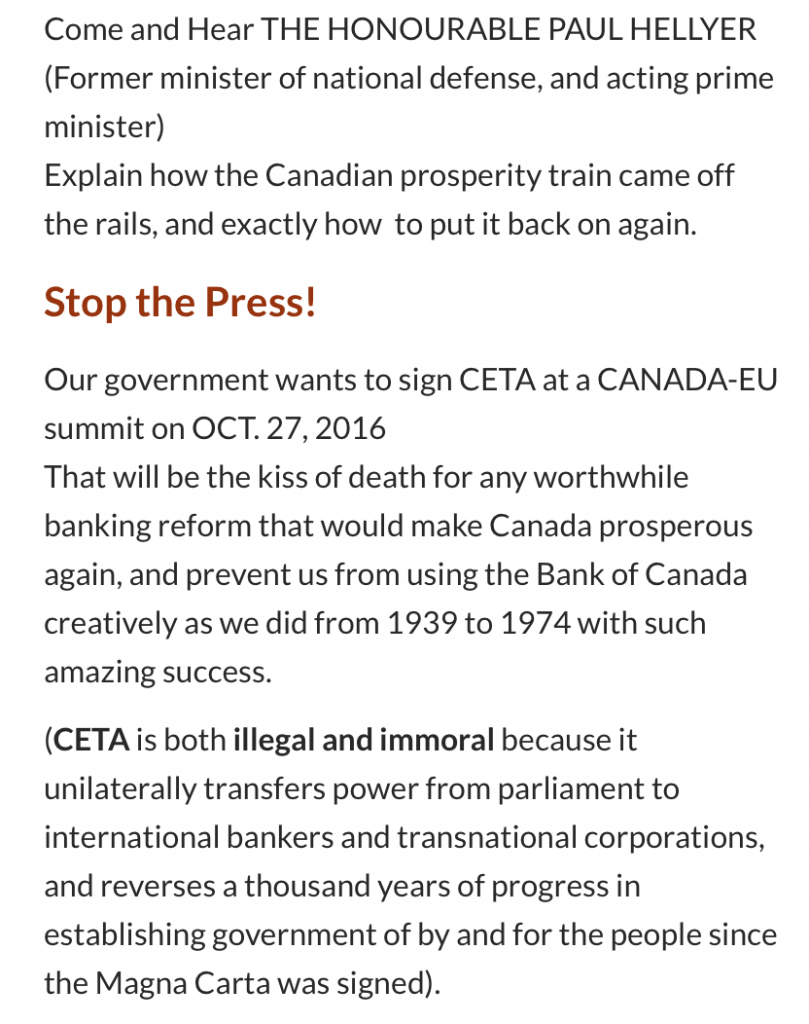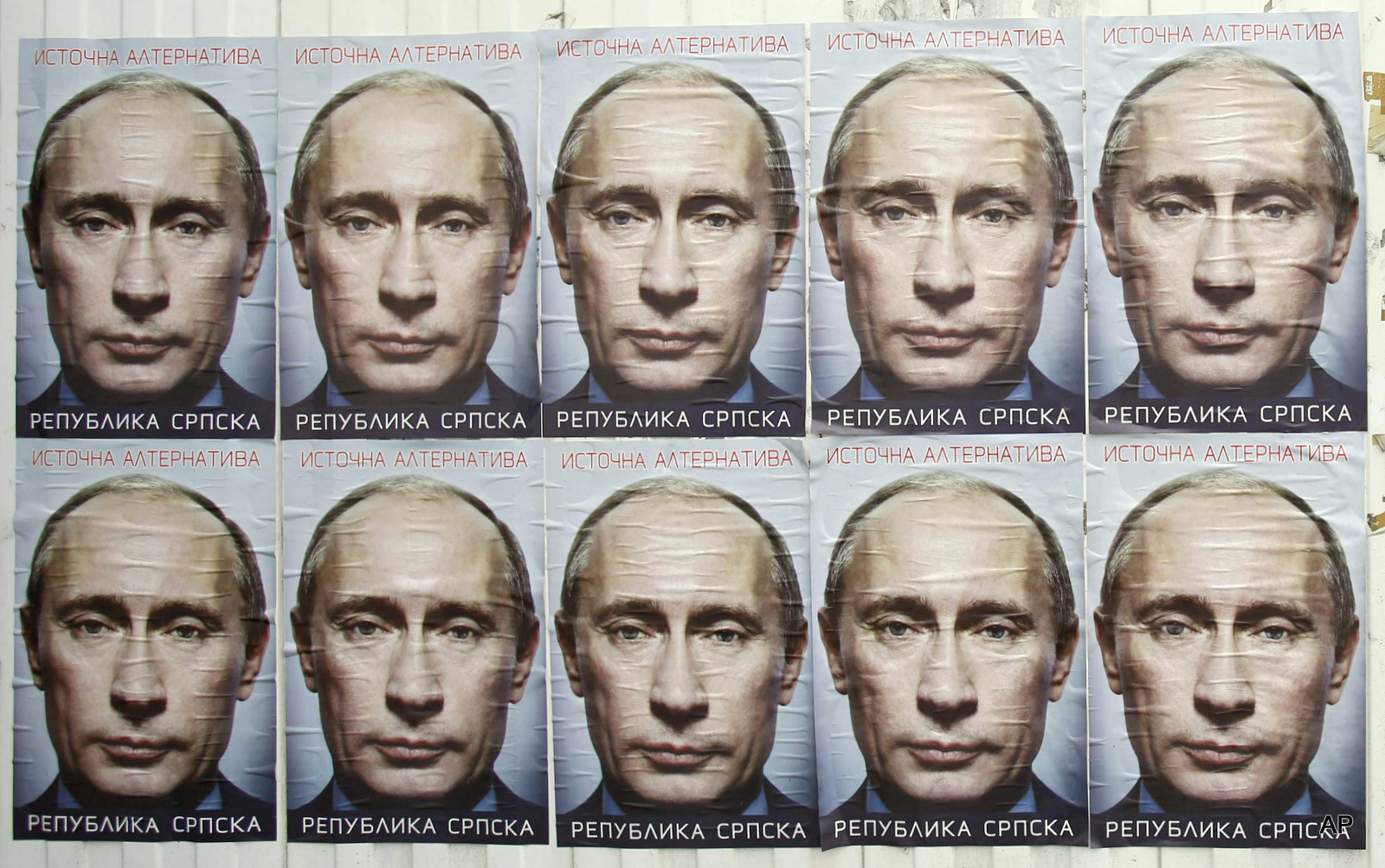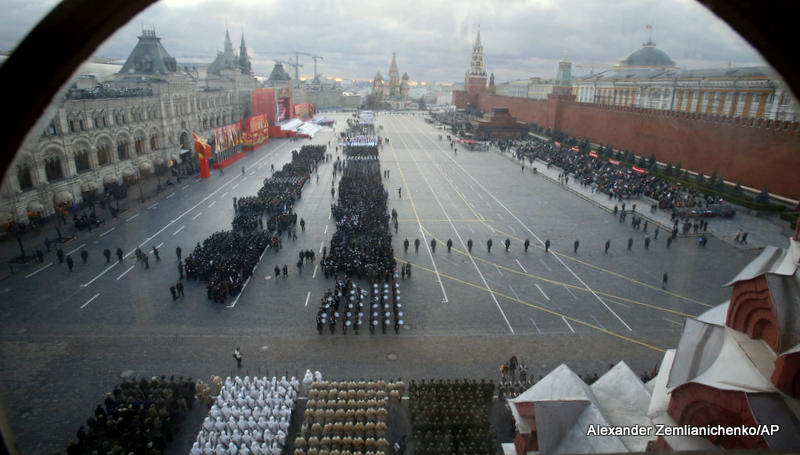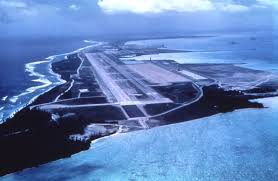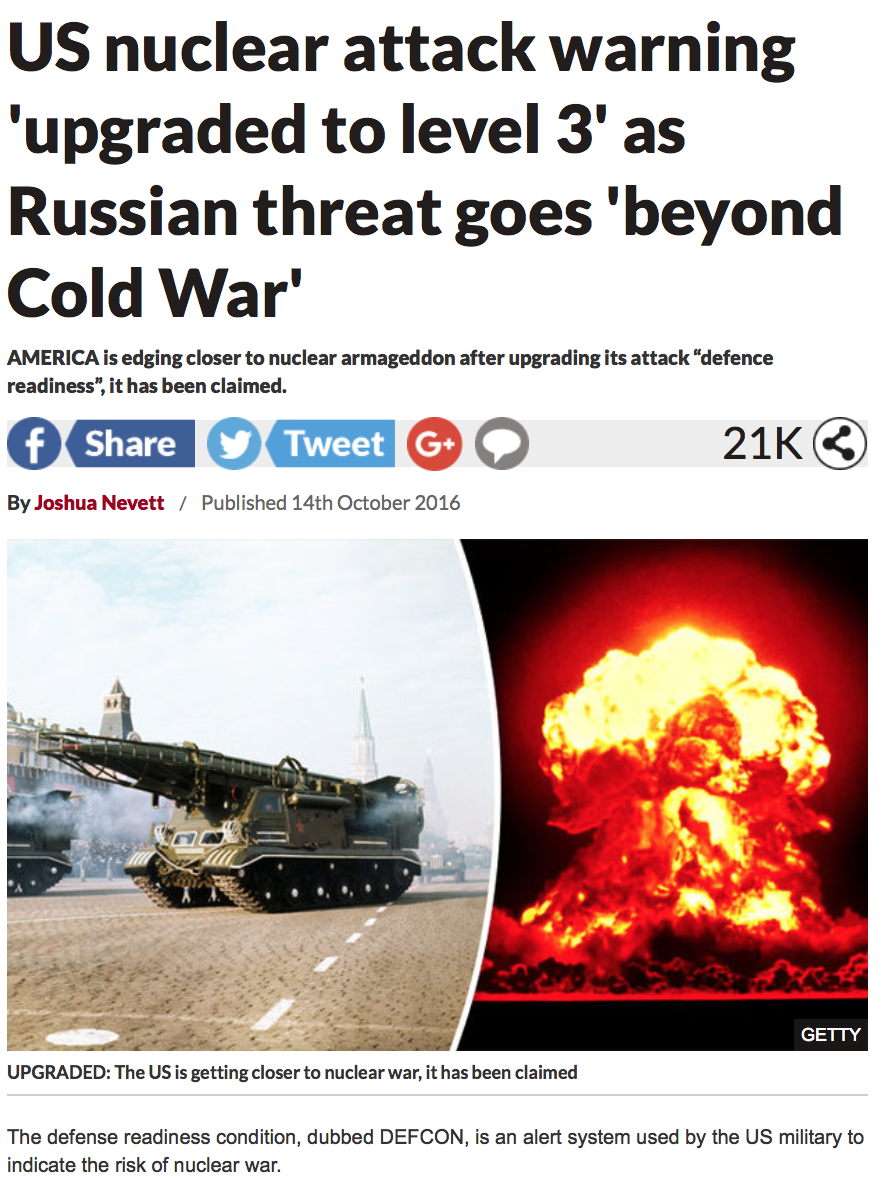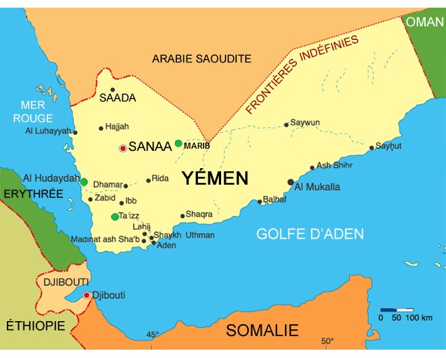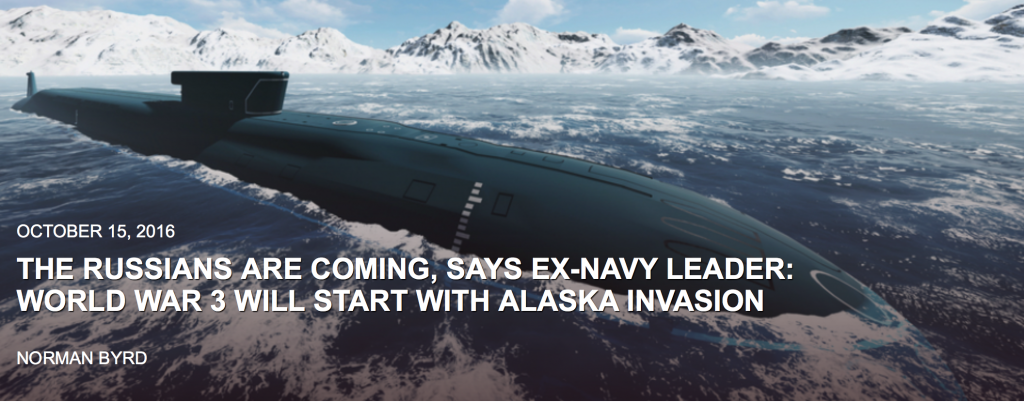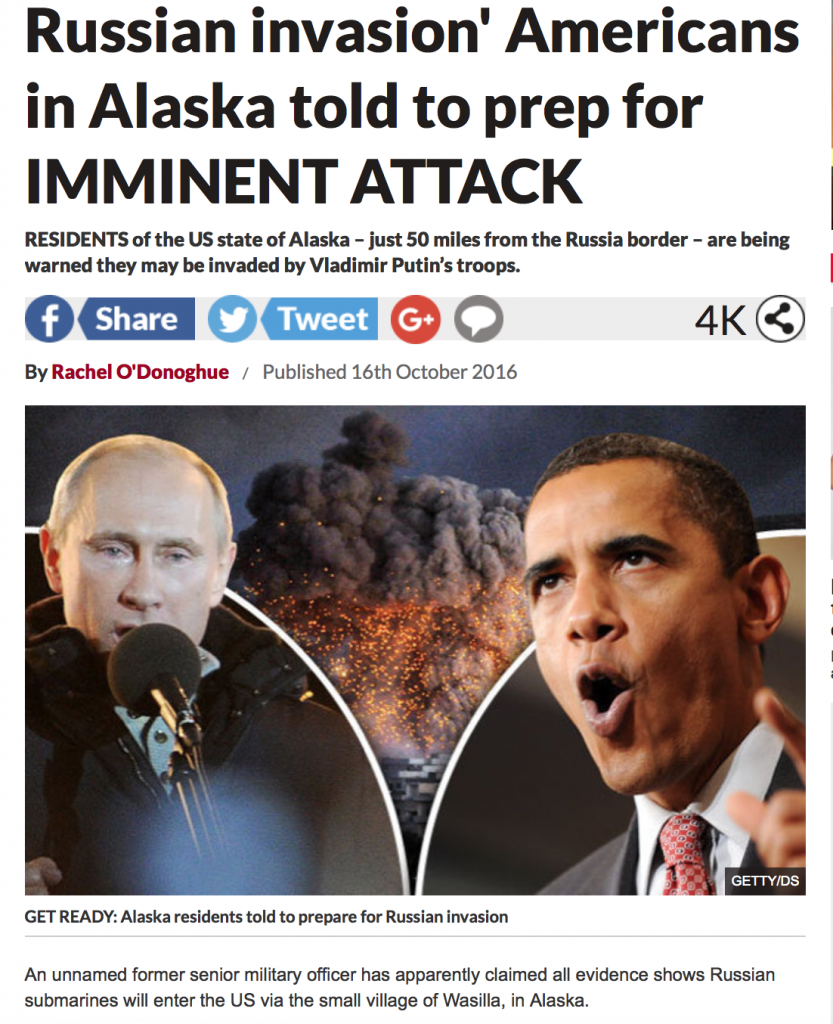As nuclear war with Russia over Syria is being planned in earnest and craved by New World Order fanatics including the Clintons, the Obama administration and the Bushes, a “civil war” is being waged ahead of the US presidential election. The future of the entire planet is at stake.
The efforts to control the narrative, and the eventual outcome, are desperate and unprecedented, as has been the resistance to the imperial propaganda effort.
A Hillary Clinton presidency is being pushed down the collective throats of humanity with massive psy-op, a global “wag the dog”. The end game of the elites—nuclear war with Russia, the long-awaited conquest of the Eurasian subcontinent, and a criminal succession must not be derailed. A Trump victory and a popular revolt pose threats to this end game, and must be thwarted at all costs.
Aligned against the New World Order is an unprecedented anti-establishment resistance, represented by Trump and his movement, exemplified by Wikileaks, DC Leaks, Anonymous, the alternative media, and the urgent warnings of whistleblowers and seasoned observers who know the Clintons, and individuals such as Cindy Sheehan and Green Party presidential candidate Jill Stein, who warn that a Hillary Clinton presidency poses and immediate threat of world war.
Tensions are reaching the breaking point. Within the US, there is intense volatility on all fronts, and divisions at every level.
The Clintons’ dirty propaganda tidal wave
 The Clinton/Bush/New World Order forces and their worldwide corporate media apparatus have concocted a propaganda construct of massive proportions—an alternative reality made up of smoke and mirrors, false narratives.
The Clinton/Bush/New World Order forces and their worldwide corporate media apparatus have concocted a propaganda construct of massive proportions—an alternative reality made up of smoke and mirrors, false narratives.
The entire mainstream media, from the international and national to the local levels, is functioning as nothing more than a propaganda bull horn for Clinton, a weapon of around-the-clock mouth-foaming character assassination against Trump, and an all-out propaganda attack against Russia. In lockstep, the Washington criminal establishment led by the Clinton and Bush factions, and the corporate media that they own, pummel the war drums around the clock, demanding collective obedience and surrender.
Trump is the immediate target, but Russia is the larger and more important one. Russia must be set up as the justifiable target for war. Russia is being systematically blamed for Donald Trump and “interference” with the election, for a total infiltration of America. Russia is blamed for Wikileaks and all counter-Clinton resistance.
It does not get more Orwellian than this, or more dangerous. Reality has been turned upside down. Trump is portrayed as a fascist madman. The headline of a recent editorial penned by former Clinton official Robert Reich, typical of what is found across the mainstream media today, screams: “Failing to vote for Clinton puts our future in jeopardy”. This nonsense spews forth, when in fact Hillary Clinton is the neocon, the war criminal, the fanatic who is demanding for nuclear war with Russia. In fact, Hillary Clinton puts all of humankind in jeopardy immediately. In fact, there will be no future at all when nuclear war breaks out.
The degree and depth of the collusion, the bald-faced nature of the deception, has never been more evident. The sheer number of Clinton/Bush surrogates, mouthpieces and gatekeepers, astounding. Hollywood and the entertainment world, controlled by the same forces and CIA assets as the news media, are also is out in force. The Trump-bashing, the “Trump as pervert” allegations, the pro-Clinton cover-up and fantasy spinning is around the clock, from snarky pro-Clinton Saturday Night Live skits to the glib talk show hosts and entertainment “reporters”. An upcoming episode of the TV series Law and Order, to be shown before the election, is being specially produced to depict a Trump-like sexual predator who is running for office.
The Clintons destroyed Bernie Sanders and stole the Democratic Party nomination using a variety of criminal means. What Sanders suffered is nothing compared to what is being dealt to Trump. The combined forces of the Clintons and Bushes—virtually the entire New World Order and its networks—are aiming their weapons at Trump. The dissent and resistance that he represents is to be smashed and silenced. They will stop at nothing.
Destroying Trump
 Days before the second presidential debate, it seemed that Donald Trump’s campaign had been neutralized by the Hillary Clinton sleaze machine.
Days before the second presidential debate, it seemed that Donald Trump’s campaign had been neutralized by the Hillary Clinton sleaze machine.
Following a first debate in which the Clintons blatantly and criminally cheated, the Clintons went directly to what they do best: more dirty tricks. The “bombshell” designed to end Trump was a mysteriously recorded audio clip from 2005 in which Donald Trump was caught using “lewd locker room” language about women. The actual source of the leak is not known. Suspects could include any number of Clinton-connected CIA assets within NBC and/or Republican operatives (connected to Paul Ryan or the Bushes) working with the Clintons to remove Trump from the presidential race.
NBC executive producer Rob Silverstein claims that he was not the leak, while acknowledging that he knew about the tape. What is known is that Washington Post asset David Fahrenthold, a fervent anti-Trump pro-Clinton attack dog who was responsible for creating the furor over alleged improprieties within Trump’s charities, somehow obtained the clip from the leaker. The Washington Post, like much of the corporate media, is an Establishment propaganda organ, rife with CIA assets, dominated by Clinton and Bush plants, and devoid of “journalism”.
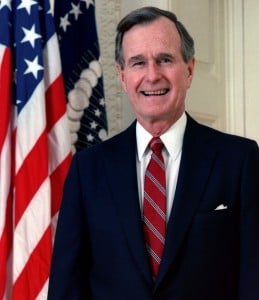 Trump’s private conversation (likely illegally taped) was with Billy Bush, host of NBC’s Access Hollywood and host of Miss Universe pageants. Billy Bush is the nephew of George H.W. “Poppy” Bush. He is the cousin of Jeb Bush, son of Jonathan Bush, who is the brother of “Poppy”, and a manager of some of the Bush family’s many banking interests, including the CIA-connected Riggs Bank, which specialized in money laundering.
Trump’s private conversation (likely illegally taped) was with Billy Bush, host of NBC’s Access Hollywood and host of Miss Universe pageants. Billy Bush is the nephew of George H.W. “Poppy” Bush. He is the cousin of Jeb Bush, son of Jonathan Bush, who is the brother of “Poppy”, and a manager of some of the Bush family’s many banking interests, including the CIA-connected Riggs Bank, which specialized in money laundering.
It is not known if Billy Bush was directly and knowingly involved in setting the trap on Trump, or if he has any played any direct political role from his convenient position within NBC. The tape’s release was no surprise. Bush not only remembered the recording but bragged about it to NBC colleagues during the Rio Olympic Games in August 2016. Given the enduring connection between the Clintons and Bushes, and their shared hatred of Trump, a Bush presence in the middle of an anti-Trump operation does not appear to be a coincidence. Billy Bush is in the process of leaving NBC (after being “suspended” for having laughed along with Trump), and is negotiating a lucrative severance package. The rest of the Bush family, however, is no doubt chortling with glee over Trump’s demise, and proud of Billy for playing the fall guy. Here was one manifestation of the Bush “throat cut” warning to Trump. There will be more to come.
So desperate is the New World Order for a Hillary Clinton White House that the Republicans, led by Paul Ryan, are willing to risk their own political seats to get rid of Trump. Some fifty Republicans immediately withdrew support for Trump.
The furor over this original Trump tape has been followed by an onslaught of other Trump-as-pervert-sexual predator accusations that the media and its legions of operatives have dutifully and aggressively trumpeted and repeated.
The accusations are transparently deceptive, the accusers likely paid off by Clinton operatives. They are baseless, unwitnessed, out of nowhere claims from decades ago, some by individuals who have already been proven to be liars. Although the Trump campaign has responded to each smear with legal action, the corporate media has continued to apply overwhelming pressure, endless air time, endless ink, and an endless parade of accusers.
As exposed in the Wikileaks dump of emails to John Podesta, longtime Clinton operative Bill Ivey wrote that “we’ve all been content to demean government, drop civics and in general conspire to produce an unaware and compliant citizenry”.
Distract a dumbed-down and brainwashed American populace, occupy them with salacious tabloid garbage, imprison them sex gossip from which they never emerge. Make sure they stay dumb and don’t look up facts or read book. Make sure the warnings about Clinton are not heard.
Facts are rendered meaningless, while fakery, illusion and propaganda rule. The magnitude and scope of the deception is unprecedented.
With just one month until the election, the nightmare is just beginning, not only for Trump but for all who oppose the New World Order. This writer predicts that in the coming weeks, the Clinton sleaze machine will dredge up new and more outlandish material to scandalize Trump. And worse.
The resistance strengthens
Inside the confines of the Clinton/Bush propaganda bubble, it would seem that things are in order. The election is over already. Donald Trump is a sexual predator. Hillary Clinton’s lead is “insurmountable”. Hillary is the “overwhelming” champion of debates (that she did not win), the “overwhelming” leader in polls (that are rigged and compiled deceptively by pro-Clinton media and services that purposely oversample pro-Clinton voters). The election will be stolen, regardless, but thanks to manufactured reality, Trump is gone, resistance is squashed. It’s over.
But in reality, the deception has not worked. In many ways, it has backfired.
The smear campaign did not work. Trump is not only fighting back with even more pointed attacks but he has more popular support than ever. He is in full attack mode.
In reality, Trump leads Hillary. According to a Rasmussen poll (that is, unlike the Hillary-rigged polls of CNN, NBC, etc. fairly sampled and more accurate) Trump led Clinton even after the release of the Trump tape. According to a more recent Daybreak poll taken at the time of this writing, Trump’s lead is growing.
Wikileaks has unleashed bombshells about Hillary Clinton on a daily basis, with more to come.
Daily releases have exposed Hillary Clinton from all angles as a criminal. Any one of the revelations should have the power destroy her politically, indict her as a criminal, send her to prison, and remove her from public life.
Hillary Clinton has now been caught funding the Islamic State. This evidence proves that she, her State Department, the Clinton Foundation, the CIA, the Obama administration literally created ISIS terrorism, in collusion with Saudi Arabia and Qatar, to destabilize the Middle East and topple Syria, towards the nuclear war with Russia that she wants to wage. It is pure treason. Hillary Clinton is a terrorist. The abuse of power at the State Department, Benghazi, the emails, the Clinton Foundation, election fraud, the —all of it is treason. And add to that the host of criminal lies about Hillary’s health and documents exposing illegal Machiavellian operations of Clinton operatives.
Trump is attracting support, his events are attended in the thousands. While Clinton’s support is smoke and mirrors and illusion: thinly-attended, staged, rigged, and even faked for the cameras. The Clinton campaign even struggles to employ campaign workers.
There is a good reason why Wikileaks, DC Leaks, Anonymous and other sources of genuine investigative journalism and truth have almost exclusively focused their efforts to stop Hillary Clinton and not Trump. It is because Clinton and the criminal establishment she represents is the genuine threat to humanity.
Even Cindy Sheehan and Green Party presidential candidate Jill Stein have declared that Hillary Clinton is more dangerous than Donald Trump, and warn that Hillary Clinton could start a nuclear war.
The Trump smears may also be backfiring on the Clintons. It has opened the door for Trump to address expose Bill Clinton’s known history as a sexual predator and a rapist, and Hillary ‘s history of intimidation against Bill’s victims. Four of Bill Clinton’s rape victims came to Trump’s defense. Many more victims of the Clintons are coming forward. The “Bill Clinton is a rapist” counter-movement is not going away.
Hillary herself is a sexual predator, and a deviant, according to many. There is plenty of rich material exposing Hillary’s personal history, such as the accounts of former Clinton insiders, Secret Service agents, and rape victims such as former CIA asset Cathy O’Brien, who claims to have been raped by Hillary as a young girl.
(The O’Brien story holds the potential for utterly destroying Hillary Clinton, but has not been mentioned by the Trump forces, nor has it made it into any corporate media reporting. It has not even been prominent in the alternative media. This writer believes that the O’Brien story is too dangerous to be wielded in a mass public fashion, because it not only exposes the Clintons, but also the Bushes, CIA criminal covert operations, and Iran-Contra.)
The New World Order is desperate to force their trickery but they have not been able to shut down the Internet, where the resistance thrives. The Internet is at present too open, too fast, too democratic, too “dangerous”, and offer too many avenues to the truth. This is why the government and its corporate fronts are engaged in efforts to eventually shut down the Web. Google and YouTube, for example, are currently engaging in outright censorship of political content but have not fully shut down all dissent.
While much of America remains dumbed down and brainwashed, more people are waking up. This scenario is unacceptable to the elites.
Surviving the smear, winning the debate
Trump won the second presidential debate, in spite of the fact that the Clintons rigged it, in spite of the clear and aggressive attacks by “moderators” Anderson Cooper of Clinton-controlled CNN (and a CIA intern) and ABC’s Martha Raddatz (White House correspondent in the George W. Bush administration).
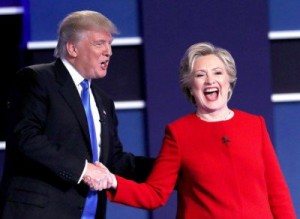 They attempted to make the event a referendum on Trump’s behavior. They constantly interrupted Trump, but let Hillary filibuster. They refused to let Trump finish sentences. Cooper went after Trump, accusing him of being a sexual predator. “Do you deny that you groped women?” (laying the groundwork for the accusations of rape that would follow after the debate).
They attempted to make the event a referendum on Trump’s behavior. They constantly interrupted Trump, but let Hillary filibuster. They refused to let Trump finish sentences. Cooper went after Trump, accusing him of being a sexual predator. “Do you deny that you groped women?” (laying the groundwork for the accusations of rape that would follow after the debate).
Raddatz inserted herself into the argument for Syrian regime change, demanding Trump to address (what she believes is) the need for an “armed humanitarian occupation of Syria. She argued with Trump, and squealed in anger at his statements.
Their assistance to Hillary was so blatant that Trump said, “it’s one on three”.
Hillary robotically went about her talking point presentation. She badgered Trump on “character”, pronouncing herself “good”, and took every opportunity to launch unfounded attack Russia and Putin. She blamed Russia for the Syrian crisis, terrorism and cyberattacks, blamed Russia as the force behind Wikileaks and Trump. While stating that as president, she would not deploy “ground forces” in Syria, but promised to send Special Forces, and covert operations (therefore contradicting herself cleverly), and promised a no-fly zone (at act of war).
But Trump owned the most memorable moments of the night (“You’d be in jail”) and unnerved Clinton by promising to appoint a special prosecutor to go after her.
Trump:
- Exposed Bill Clinton as a rapist
- Went after Hillary’s emails
- Went after Benghazi
- Addressed Clinton and Obama as the creators of ISIS and a “disastrous” Middle East full of terrorism (but did not mention the CIA, or Anglo-American management of Al-Qaeda, Al Nusra, ISIS)
- Addressed how Clinton wants open borders that allow jihadists to move about freely and enter the United States (but again, no mention of CIA agenda that purposely allows its assets to be moved around strategically)
- Mentioned Wikileaks but did not go into specifics
- Slammed Clinton for 30 years of ineffectiveness (but did not mention her specific crimes)
- Successfully deflected attacks on his tax returns by pointing out that Hillary and her Wall Street friends including Warren Buffett and George Soros also evade taxes
- Mentioned Bill Clinton colluding with Loretta Lynch to shut down the investigation into Hillary
- Correctly stated that Hillary has “ lot of hate” but did not go into detail, failed to mention Clinton’s known history of mental instability and poor character
Trump’s most important exchange was about Russia, in which he openly disagreed with the anti-Russia stance of his running mate Mike Pence.
“It would nice to be friendly with Russia so we can fight ISIS together. Russia is killing ISIS, Syria is killing ISIS, Iran is killing ISIS.”
He also clarified that he “doesn’t know Putin”, has no business dealings with Russia. “The reason you keep blaming Russia is to attack me”.
Trump trounced Clinton, took the lead over Clinton after the debate, but Clinton’s media machine pronounced her the overwhelming winner via numerous fake polls and fake focus groups.
The criminal past
The Clintons’ criminal history also offers a treasure trove of damning material. The “elephant in the living room” is this legacy. Their criminal activities in Arkansas, their Iran-Contra/CIA drugs collaboration with the Bushes, their enduring relationships with the neocons and the CIA, the long string of political murders stretching back to the 1980s, their many financial swindles, the White House scandals of the 1990s, the war crimes. The partnership of Bill and Hillary Rodham Clinton is notorious and blood-soaked.
There are countless individuals who know in specific detail what the Clintons are about. There are the former Clinton operatives and insiders, the staffers, the bodyguards and the Secret Service agents who were there to witness their crimes. Many, who remain among the living, have spoken out and continue to speak out. There are the political colleagues who were betrayed, the insiders and whistleblowers who have been marginalized. Many of these individuals have spoken out and written books, and their stories are readily available.
The question is how far Trump and his operatives dare go into this history, if they dare let Cathy O’Brien speak out, and if the truth galvanizes a resistance among the knowing—a revolution that not even a massive criminal apparatus can control.
October Surprise: World War III?
While the popular anti-New World Order/anti-Clinton movement aligned with Trump continues surge in the reality not reflected by the corporate media fantasy world, all hopes could be rendered a moot, if the criminal forces have their way.
The greater danger comes from those in power right now, who, unlike either presidential candidate, hold the power to create immediate chaos and calamity.
A full blown nuclear war with Russia would change everything. It would result in the literal destruction of the planet. Fanatics are on the march. The resistance knows it.
A false flag event on the magnitude greater than even 9/11 may be in the works.
The Obama administration has declared that it will retaliate against a fake non-existence cyberattack by Russia, against a fake non-existent Russian infiltration of the US presidential election. A massive financial crisis, coinciding with a world war, is also a possibility, given the collapse of Deutsche Bank, a major criminal (CIA-connected) bank and lynchpin of the world financial system, and the inability of the New World Order to maintain control of its “vassals”, as evidenced by Brexit.
The more successful the anti-Clinton efforts of Trump, Wikileaks and resistance movements, the more likely the empire resorts to violence and humanity-ending calamity.
The Obama administration might choose to start the war before the election, to cancel the election.
Or with a Trump win, start the war before Obama leaves office, preventing Trump from taking office. Or with a Hillary win, start the war in a more “orderly” sequence, when the “queen” takes the throne.
A genuine nightmare scenario is upon us. It is no longer “unthinkable”, it is happening.
Those who refuse to passively accept the possible end of the world must act now, with what little time is left.





